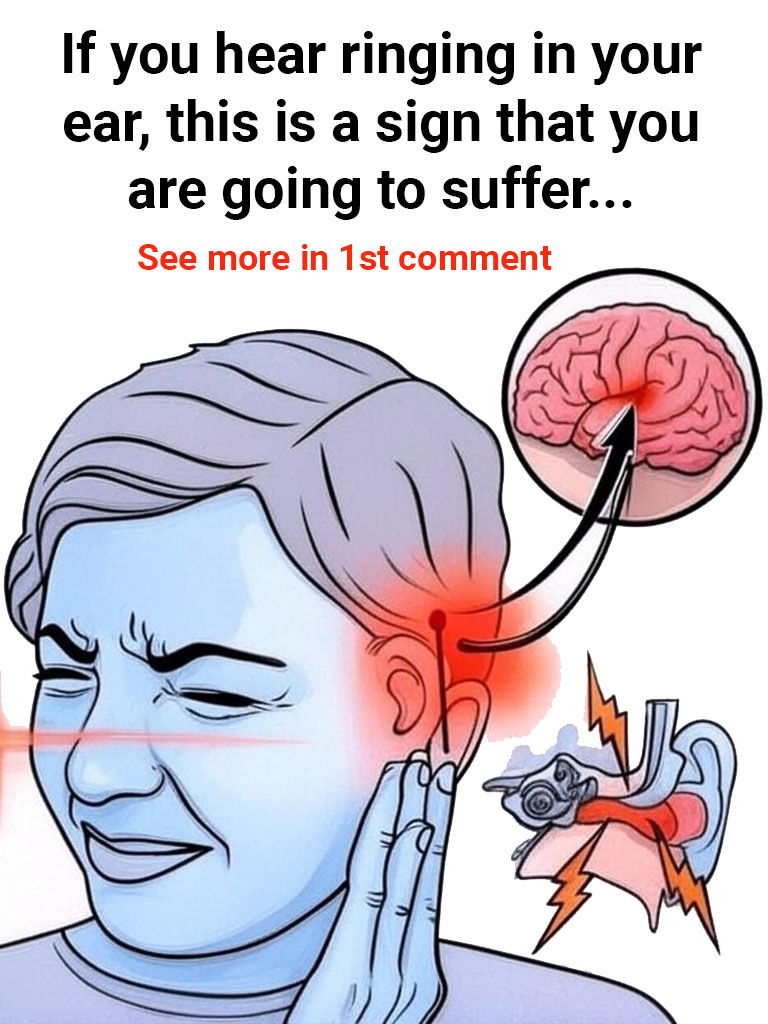Tinnitus: More Than Just a Ringing in Your Ear
A soft ringing or buzzing in your ear might seem like a minor annoyance, something you can ignore. But for millions, that faint noise is more than just background static — it’s the brain sending a signal that something is off. Known as tinnitus, this persistent sound can ripple through your nervous system, subtly affecting your mood, focus, and even the structure of your brain over time.
What Tinnitus Really Is

Tinnitus isn’t caused by an external noise. Instead, it’s the perception of sound — ringing, hissing, buzzing, or clicking — that only exists in your mind. It can appear in one ear, both, or even seem to move around your head. While it often starts with the ears, the impact is largely shaped by how your brain interprets these phantom sounds.
The Brain Behind the Ringing
Tinnitus triggers multiple areas of the brain, not just those responsible for hearing:
Auditory Cortex: Overactive and constantly scanning for a sound that isn’t there.
Limbic System: Increases stress, anxiety, and emotional strain.
Amygdala: Associates the sound with fear, frustration, or sadness.
Prefrontal Cortex: Makes it hard to focus or ignore the noise.
Hippocampus: Reinforces the memory of the sound, making it harder to forget.
This multi-region involvement explains why tinnitus can be mentally draining and emotionally frustrating.
The Vicious Cycle
Tinnitus often creates a feedback loop:
Phantom sound → Brain perceives a threat → Stress rises → Attention focuses on tinnitus → Symptoms worsen.
This cycle can turn what begins as a mild irritation into a constant mental and emotional burden.
Potential Long-Term Effects
When tinnitus becomes chronic, it can affect overall health:
Increased levels of cortisol, the stress hormone
Sleep disruption and cognitive decline
Shortened attention span
Anxiety, irritability, or depression
Possible structural changes in the brain over time
Breaking the Cycle
Tinnitus is not just an ear problem — it’s a neurological challenge that touches hearing, memory, attention, and emotion. Recognizing it as a brain-wide issue is the first step toward managing it. Techniques like sound therapy, stress reduction, and cognitive strategies can help lessen its grip, making life more comfortable and keeping your brain healthy.
Conclusion
A ringing in the ear may feel small, but its effects are far-reaching. By understanding tinnitus as a condition that involves the whole brain, not just the ears, sufferers can take proactive steps to reduce its impact. With awareness and the right strategies, it’s possible to quiet the noise and reclaim focus, calm, and cognitive clarity.
